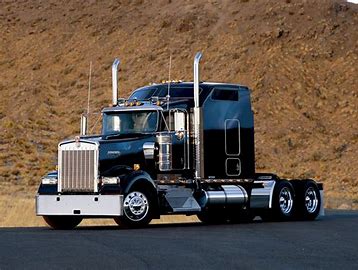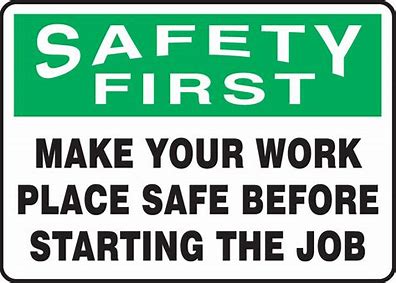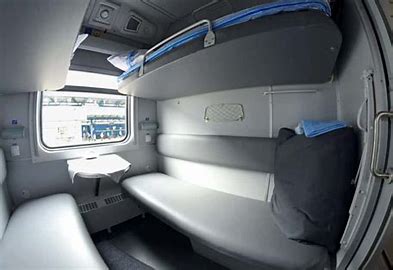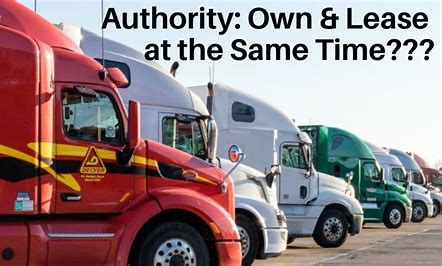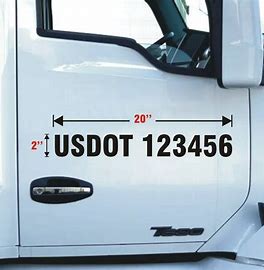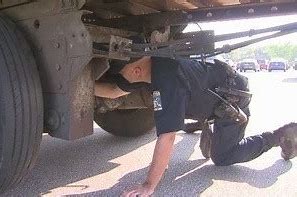
Section 396.7 of the Federal Motor Carrier Safety Regulations (FMCSR) plays a critical role in ensuring the safety and operational integrity of commercial motor vehicles (CMVs) on U.S. roads. This section specifically addresses the prohibition against operating CMVs that are in a condition likely to cause an accident or a breakdown.
Key Provisions of Section 396.7:
- Operational Condition: Section 396.7(a) explicitly states that no commercial motor vehicle should be operated in a condition that is likely to cause an accident or a breakdown. This mandate ensures that CMVs are maintained to a standard that prevents potential hazards on the road, thus safeguarding drivers, passengers, and other road users.
- Driver’s Responsibility: According to Section 396.7(b), it is the driver’s responsibility to report any vehicle condition that may lead to an accident or breakdown. Drivers must conduct pre-trip inspections and be vigilant about identifying and reporting defects or deficiencies in their vehicles.
- Employer’s Responsibility: Employers are obligated to ensure that all vehicles in their fleet comply with the maintenance standards set forth in Section 396.7. They must provide the necessary resources for regular inspections, repairs, and maintenance to prevent vehicle operation in unsafe conditions.
Implications for Safety and Compliance:
The implications of Section 396.7 are significant for the commercial transportation industry. By mandating stringent maintenance and inspection protocols, the regulation aims to minimize the risk of vehicle-related incidents on the road. Non-compliance can result in severe penalties, including fines and out-of-service orders, impacting the operational efficiency and reputation of transport companies.
Additionally, adherence to this regulation contributes to the overall safety culture within the industry. It ensures that both drivers and employers are proactive in maintaining vehicle safety standards, thereby reducing the likelihood of accidents and enhancing public confidence in commercial transportation.
In summary, Section 396.7 of the FMCSR is essential for maintaining the safety and reliability of commercial motor vehicles. Through stringent maintenance requirements and a shared responsibility between drivers and employers, this regulation helps ensure that CMVs operate safely and efficiently on the nation’s highways.



